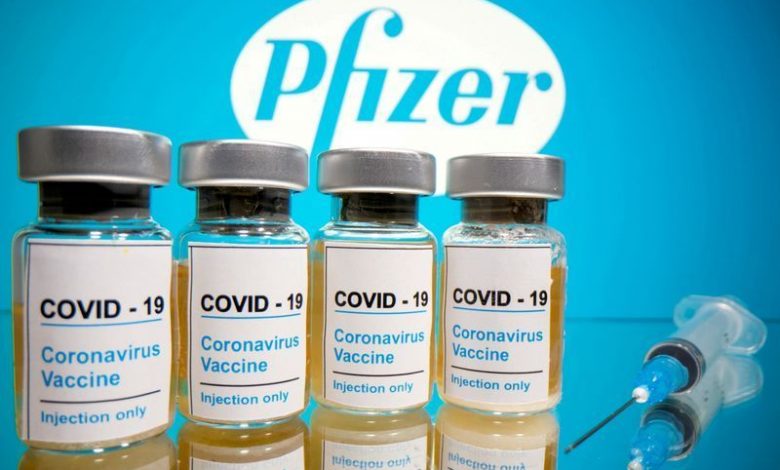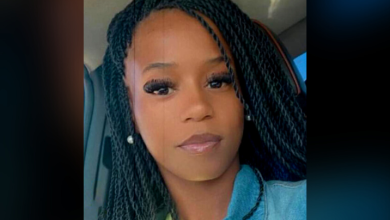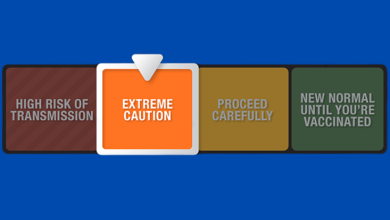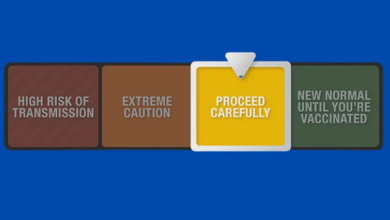North Texas hospitals to receive 52,000 doses of the Pfizer COVID-19 vaccine

The state of Texas has unveiled more about its plans to get vaccines to North Texas hospitals in a couple of weeks.
The first doses of the Pfizer vaccine are expected to be ready for hospital workers starting the week of Dec. 14. just under a quarter-million doses will be made available.
More than 50,000 will go to hospitals in North Texas. The vast majority of those will go to Dallas and Tarrant County hospitals.
Although the vaccines still need authorization, a framework is in place to deliver vaccines to North Texas hospitals starting the week after next.
The Texas Dept. of State Health Services revealed more than 52,000 will go to North Texas hospitals.
Dallas County hospitals will get more than 27,000.
Tarrant County will get more than 18,000.
Collin County will get about 3,900.
Hunt, Kaufman and Wise counties will get the minimum shipment of 975. Denton County hospitals were left off the list.
All of those doses will be the Pfizer vaccine. People who get the vaccine will need to get two shots three weeks apart.
“There were some hospitals, I think about 300 and some in the state, that really wanted to be a part of this, and I think only 100 and some are in this first batch,” said Steve Love, CEO/President of the DFW Hospital Council.
Love points to state data that shows most Dallas hospitals will receive the first round of vaccines. Texas Health in Dallas is not one of them, however Texas Health Harris Methodist Hospital in Fort Worth will receive 5,850 doses, the maximum allocation.
“So, I know there were some people disappointed who didn’t get it, but maybe they will on the next round,” Love added.
“Well, this is an incredibly complex and logistically challenging operation to put into place,” said Dr. John Carlo.
Dr. Carlo, with the Texas Medical Association, explained the state’s process. The first round of vaccines will go to doctors, nurses, and staff working in emergency rooms, COVID-19 units and ICUs.
Nursing home residents, first responders, and vulnerable populations will follow.
“But we know the second phase is very, very quickly behind that, and that’s all of our community-level healthcare providers and outpatient clinics, our pharmacy teams,” Dr. Carlo explained. “But beyond that, how quickly is the volume going to escalate, so that we have enough for all of the groups.”
When can the average citizen expect a vaccine?
“Someone like you, that’s young, no underlying conditions, in pretty good health, you’re probably looking at around April or May before you get it,” Love said.
The state has not given a timeline on when enough doses will be available for the general public.
Medical professionals believe the vaccine to be safe and effective, but some will still be skeptical.
“I think what’s going to be interesting to see, also, is how many people are going to be willing to take the vaccine, and I’m hoping that people will, but I understand some people might be reluctant and may not want to take it initially,” Love added.
Dr. Carlo believes we’ve learned from challenges with 2009’s H1N1 vaccine distribution on how to create an organized method.
“I think we’ve learned a lot from that [H1N1] process and know that there are challenges when you go through this,” he said.
The Department of State Health Services said Friday that the initial vaccine supply is limited, and the first week’s allocation is based on information submitted by vaccine providers when they enrolled, including the number of health care workers who can be quickly vaccinated and vaccine storage capacity at each site.
It’s unclear if Pfizer’s logistic problems will affect the state’s plan to distribute the vaccine. Pfizer says it had to scale back its vaccine rollout due to supply chain issues.
The company was expected to produce 100 million doses this year but cut that back to 50 million last month.





